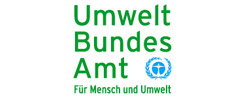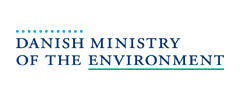Dutch minister-president Balkenende addresses the issue of the right to water in his speech at the Delft University, on November 1st, 2007 .
Dutch Prime Minister states that the Netherlands should recognise the right to water as soon as possible
15.11.2007 |Chantal van den Bossche
"A recent UN report concluded that access to clean drinking water is decreasing. In 2025, about 1.8 billion people won't have enough clean water. This means that contaminated water will remain the single main cause of sickness and death in the coming decades.
This is very alarming news. We are far from achieving the Millennium Development Goal on this point. This can change if we start considering access to water as a human right. Water is vital to life. This makes access to safe drinking water a human right. As far as I'm concerned, the sooner we recognise this right the better.
Of course recognising a human right to water will not solve global water problems. If only it could. But recognising water as a human right can set a positive train of events in motion."
The complete text of the speech can be downloaded here.
WECF welcomes the initiative of the Netherlands to want to recognize
the right to water for all in the world, following similar steps taken by other countries, such as the UK. It is important that countries which are important donors for water and sanitation projects worldwide, assure that the receiving countries establish a right based approach to access to safe water and sanitation, which includes that water prices are differentiated, cross subsidising from well to do to poor communities and precautionary measures to reduce pollution of water sources are taken.The right to sanitation can only be defined as the right to "ecological" sanitation, as it should be insured that the right to sanitation does not go against the right to safe drinking water, as pit latrines and sewage systems are one of the main polluters of drinking water supply.
For more information on the human right to water, please find enclosed two presentations based on this theme that were presented at a workshop on this theme at the Netherlands Ministry of Foreign Affairs, 31 October 2007
From Thomas Levin on Implementation Aspects in Kenya.
From Ashfaq Khalfan on The Right to Water and Sanitation.


































